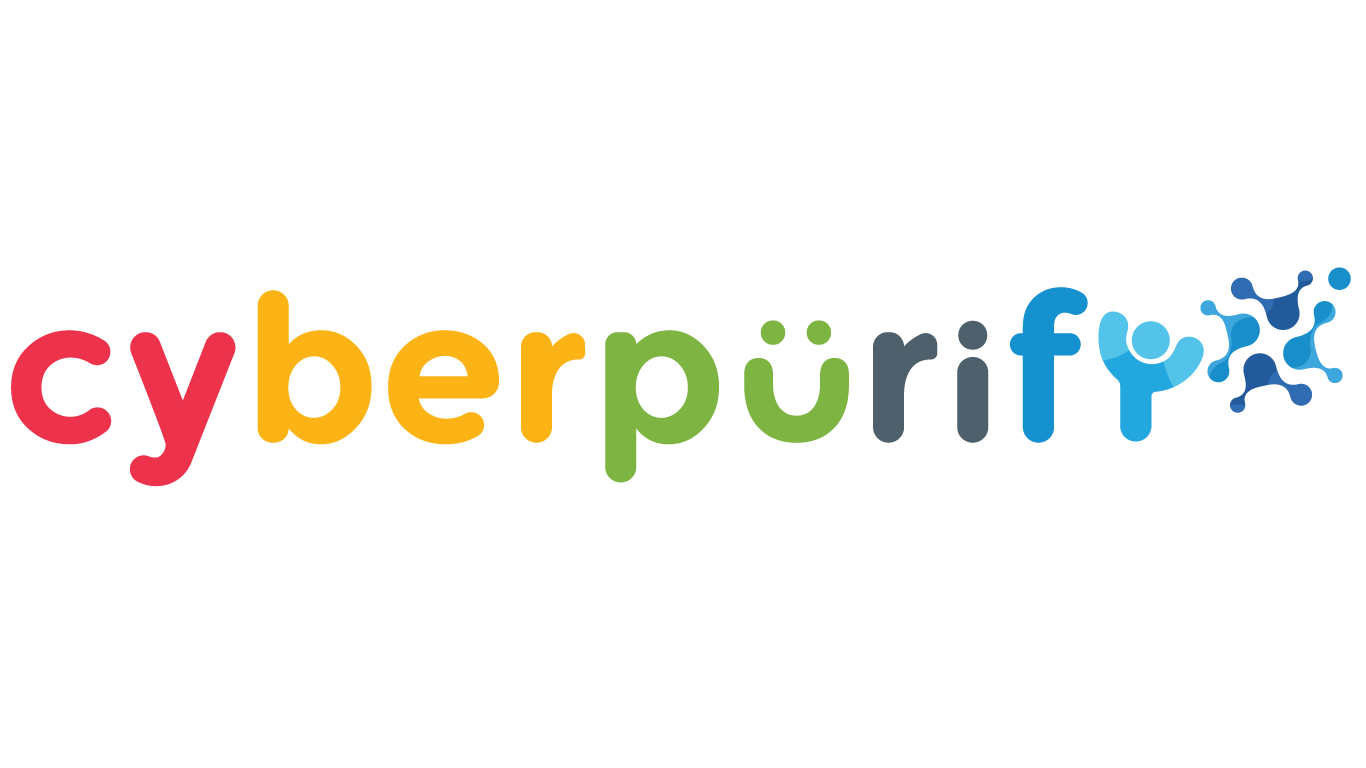With millions harmful content online, protect children’s online safety as well as safeguard their digital footprint is crucial for all parents. In this blog series, we provides valuable insights for parents to navigate the digital world with confidence. Don’t miss out on these must-know strategies!
Absolutely! Here are 10 must-know tips to keep children’s digital footprint secure! These 5 tips in part 1 below will you know how to have a positive digital footprint and help your children’s digital footprint secure!
10 must-know tips to keep children’s digital footprint secure! (Part 1)
Thinking carefully before sending
Face-to-face communication allows us to rely on nonverbal cues to better interpret the conversations. When children communicate via messaging or commenting, they can’t see the other person’s reactions to what they are saying.
So certain words or punctuation may imply (negatively) different meanings than when they are spoken directly.
That’s why what happens online tends to be rougher, tougher. The evidence is that shamming or hurting others is common on social media, known as cyberbullying.
You need to regularly remind your children to re-reading the messages, comments, captions, and status they are about to send or post because what they are going to make public can seriously affect their friends or other people, even in the worst cases, your children are contributing to making them commit suicide.
In short, treat others the ways they want to be treated. they should never say anything about anyone they wouldn’t want others to say about them – and remember that nasty comments may reflect on them for years to come.
Don’t sext


When find out how to create a positive digital footprint, one of the most important tips is not to send, or share explicit sexual images/videos of themselves. Lots of children sext nowadays. Here are some reasons why they sext:
- Exploring sex, gender, and relationships
- Express sexual feelings with sexual photos will show their love and trust in their partners
- Peer pressure – everybody is doing it
Let your child know that when they engage in sexting behavior that the other person (under 18) creates an indecent image or they (under 18) create those photos, which is illegal.


It’s like a digital footprint, even if you delete something you post right away, it remains forever online.
Your children’s reputation is now negatively affected both at school and in their community. It may affect their career possibilities in the future.
Educate your child about online safety
Teach your child about the potential risks and dangers of sharing personal information online. Help them understand the importance of protecting their digital footprint and the potential consequences of sharing too much information.


- Use privacy settings: Ensure that your child’s devices, social media accounts, and other online platforms have privacy settings enabled. These settings restrict access to personal information and control who can see and interact with your child’s online content.
- Strong and unique passwords: Encourage your child to use strong, unique passwords for their online accounts. Emphasize the importance of not sharing passwords with anyone, including friends, and regularly updating them.
- Teach critical thinking and skepticism: Help your child develop critical thinking skills to evaluate online content and identify potential scams or harmful material. Teach them to be skeptical of suspicious links, emails, or requests for personal information.
Be authentic. Be themselves!
Although the internet allows children to be anyone online, it does not mean they have to fake anyone else.
As your children can be affected by peer pressure or beauty standards from KOLs, or any “social media” invisible standards, it’s crucial to encourage them to be themselves and positively take advantage of social platforms to showcase who they are, what they are good at (skills, talents, etc.) or even write a blog on topics they are passionate about.
Use content filter device CyberPurify Egg
Keep a close eye on your child’s online activities, especially for younger children. Regularly check their browsing history, social media accounts, and online interactions to ensure they are engaging in safe and appropriate behavior.


Parents must consider using porn blocker to filter harmful content for kids. With the average age of children first accessing pornography lowering to 7 years old, the risk is higher than ever!
It’s heartbreaking to think that your innocent child could be exposed to such harmful content, leading to porn addiction, poor academic performance, or even imitation of dangerous behaviors. But you don’t have to face this fear alone.


CyberPurify Egg is here to protect them from inappropriate websites such as porn, dating, gambling, and more. Egg is the one and only solution that can detect and blur content in real-time.
Get CyberPurify Egg – Your trusted ally in your children’s online journey now!
Parents may also like:















